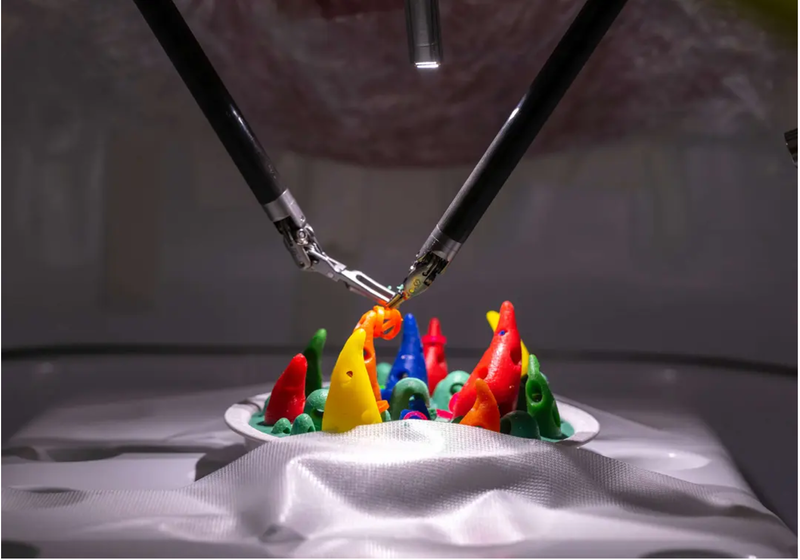Study: Mozart May Be a Painkiller for Newborns
According to a study published in Pediatric Research, playing a Mozart lullaby may help reduce pain in infants receiving routine heel prick blood tests.

Facts
- According to a study published in Pediatric Research, playing a Mozart lullaby may help reduce pain in infants receiving routine heel prick blood tests.1
- The study's randomized and blinded clinical trial involved 100 infants undergoing routine screening for multiple conditions between April 2019 and February 2020 in New York City.2
- While 54 infants listened to an instrumental Mozart lullaby for 20 minutes before and during the jabs and 5 minutes afterward, the remaining weren't exposed to music. On average, the infants were two days old and born at 39 weeks.3
- Newborns who didn't listen to Mozart experienced pain scores of 7 [the maximum] during the procedure, 5.5 one minute later, and 2 two minutes later. In contrast, infants exposed to Mozart's lullaby felt a pain score of 4 during the heel prick and 0 at one minute after the procedure.4
- Pain levels were determined according to the infants' facial expressions, degree of crying, breathing patterns, limb movements, and levels of alertness.5
- The researchers concluded that music such as Mozart's could be used as an "easy, reproducible, and inexpensive tool for pain relief" in minor procedures for newborns.6
Sources: 1The Guardian, 2Medicalxpress, 3Science Magazine, 4Daily Mail, 5Scimex, and 6ScienceAlert.
Narratives
- Narrative A, as provided by Harvard Health. With humans being as complex as they are, music can provide a clear and immediate impact on well-being in a variety of circumstances. Music therapy is an established healthcare profession, and while there may be no singular solution, the tool can be a powerful instrument for positive change that demands greater attention within medical circles.
- Narrative B, as provided by OUP. There are a variety of potential risks that music therapy may pose. While containing the ability to do good, different musical choices may provide complicated and dangerous responses in each unique individual. Certain music may cause more good than bad, and safety and careful consideration must remain a priority in music therapy.






